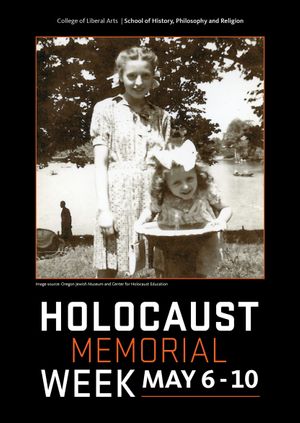
Anti-Mexican Mass Violence and Ethnic Cleansing on the American Great Plains
Pacific Daylight Time
at LINC Rm 314
Tickets
Event Details
This talk will cover two ethnic cleansings that occurred in the American heartland. The first was an anti-Mexican ethnic cleansing Anglo American settlers launched on the Great Plains during the late nineteenth century. Aiming to expel Mexicans from the grassy center of the country, settlers committed acts of violence that ranged from beatings, robberies, mass rapes, mass killings, to the destruction of entire Mexican communities. However, this ethnic cleansing is missing from the annals of American history. That is because openly white supremist activist historians built an enduring false narrative in which white cattleman and cowboys—iconic figures in American culture—peacefully settled the Great Plains. While ignoring Native Americans and writing against the historical evidence they held, these twentieth-century historians asserted the Great Plains had few Mexican people and that white cattleman were their friends. In building such a false narrative, historians committed a textual ethnic cleansing in which Mexicans’ everyday lives, their continual and profound influence on the American plains, as well as their suffering under Anglo American conquest remained unwritten.
Dr. Zapata is an assistant professor at Oregon State University. His research focuses on US-Mexico borderlands, the Southwest, the South, and the lands where these regions meet. He is completing a manuscript titled The Erased Homeland: Mexicans’ Long Past, the Southern Great Plains, and America’s Future.
There will be a Q&A after her talk. Questions may be sent to events@oregonstate.edu, preferably by May 3.

